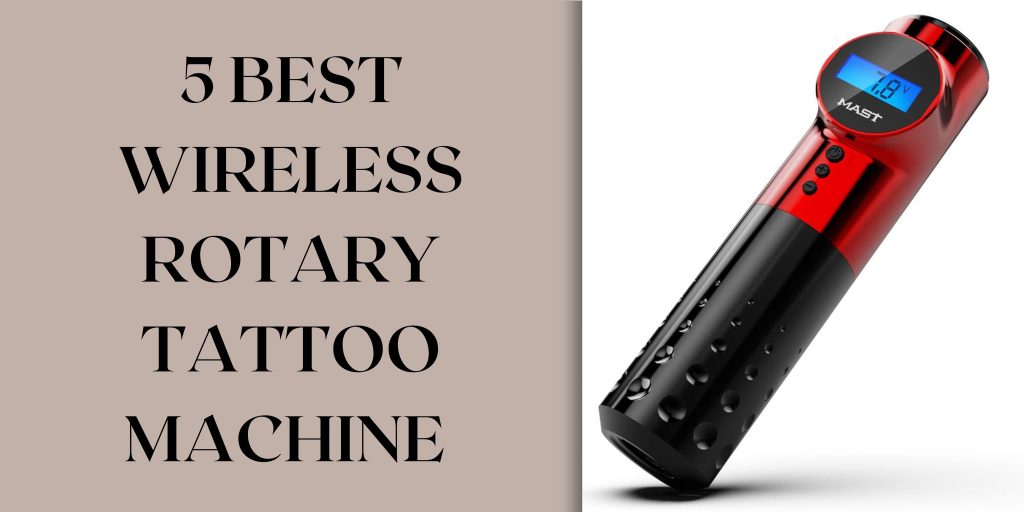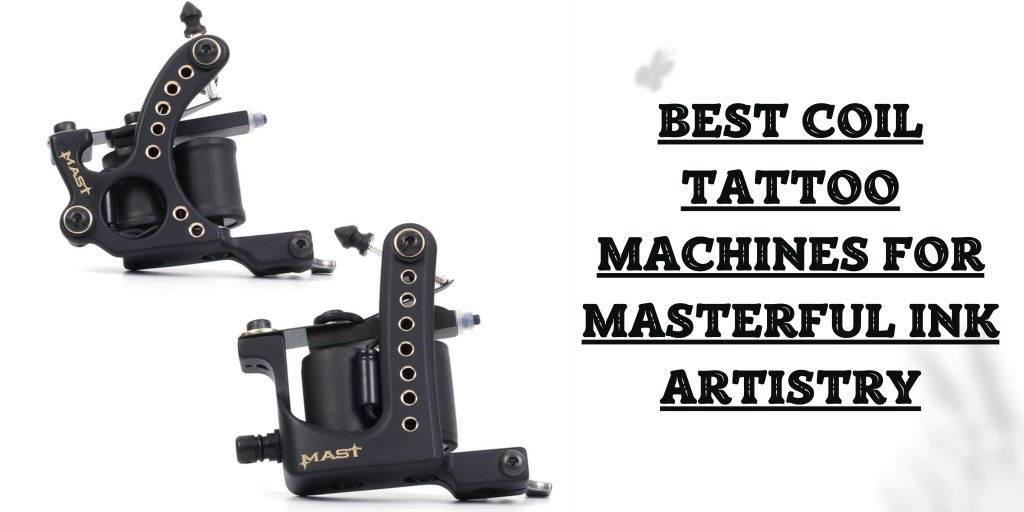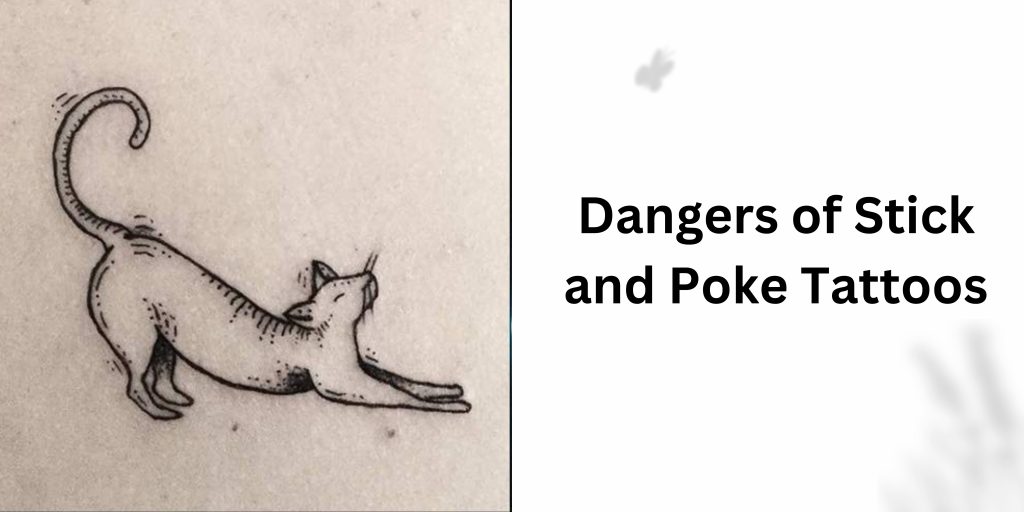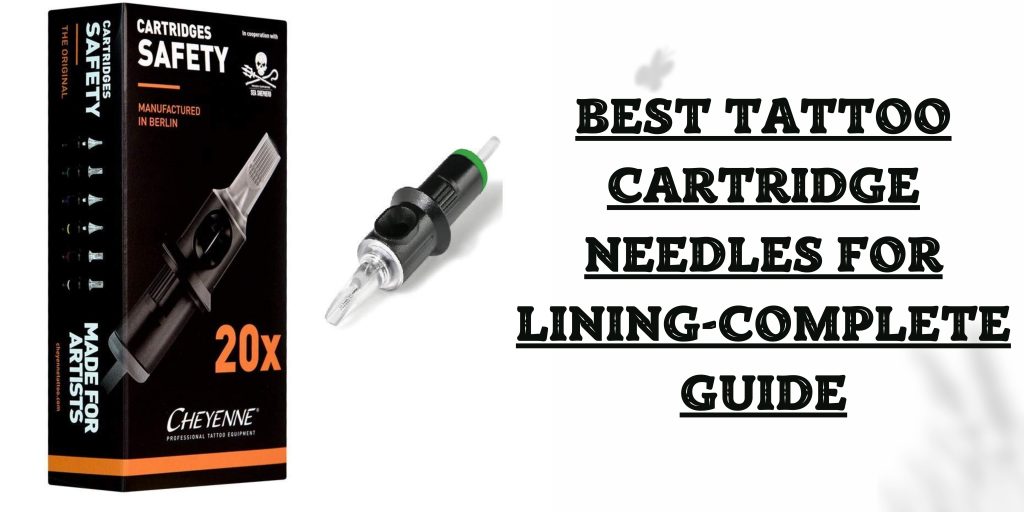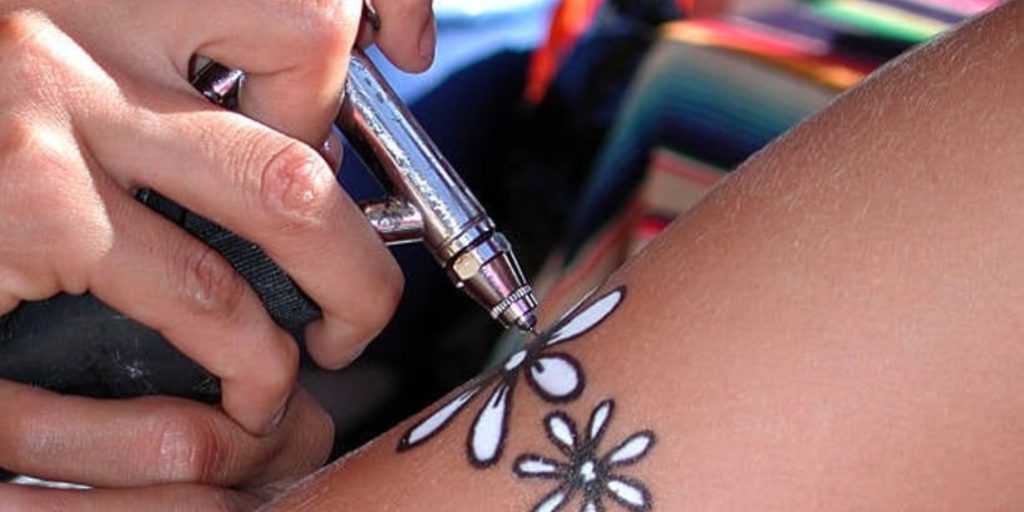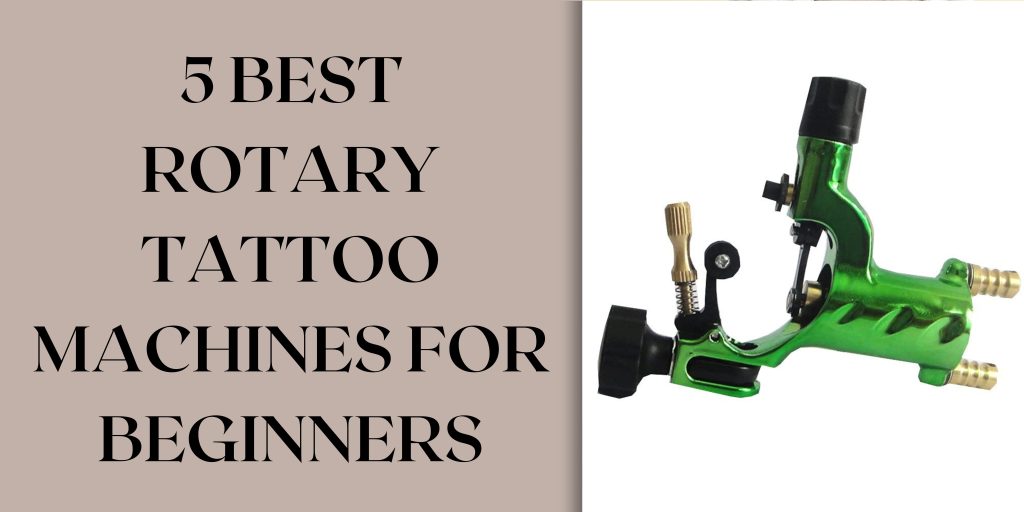So, you’ve just got a fresh tattoo, and you’re wondering if it’s okay to indulge in some weed. It’s a common question, especially for those who enjoy both body art and cannabis. In this article, we’ll delve into whether can you smoke weed after getting a tattoo. We’ll explore the potential effects, debunk myths, and offer you the best practices to ensure your tattoo heals beautifully while still enjoying your favourite herb.
Smoking Weed: Potential Effects on Tattoo Healing
An Overview of Smoking Weed
Before we dive into the specifics, let’s clarify what we mean by smoking weed. Smoking weed typically involves inhaling the smoke produced by burning marijuana flowers or buds. The active compounds in marijuana, known as cannabinoids, interact with your body’s endocannabinoid system, producing various effects, including relaxation, altered perception, and pain relief.
Understanding the Impact of Smoking on General Health
To answer the burning question of whether you can smoke weed after getting a tattoo, it’s crucial to consider how smoking affects your general health. Smoking anything, whether it’s tobacco or marijuana, involves inhaling potentially harmful substances into your lungs.
The chemicals in smoke, like tar and carbon monoxide, can irritate your respiratory system, leading to coughing and increased mucus production. This might not directly impact your tattoo, but it’s important to keep your overall health in mind, especially during the initial healing stages.
Read More: Is baby oil good for tattoos?
Theoretical Concerns About Weed and Tattoo Healing

1. Blood Circulation and Oxygenation
One of the primary concerns about smoking weed after a tattoo is its potential impact on blood circulation and oxygenation. Good blood flow is essential for tattoo healing because it helps deliver vital nutrients and oxygen to the tattooed area.
Some argue that smoking weed can lead to reduced oxygen levels in the bloodstream, which could theoretically hinder the healing process. However, the extent of this effect remains a subject of debate among experts.
2. Immune System Function
Your immune system plays a significant role in tattoo healing. It helps fend off infections and keeps the healing process on track. Smoking weed, like any foreign substance, can interact with your immune system. Some suggest that excessive or prolonged use of weed might suppress the immune system, potentially slowing down the healing process.
3. Pain Management and Inflammation
Tattoos can be painful during the healing phase, and many people turn to cannabis for pain relief. Marijuana contains compounds like THC and CBD that are known for their analgesic (pain-relieving) and anti-inflammatory properties.
However, it’s important to strike a balance. While weed can provide pain relief, excessive use might lead to increased inflammation in the body, potentially affecting the tattoo’s healing process.
Benefits of Smoking Weed After Getting a Tattoo

Pain Relief
One of the primary benefits of smoking weed after getting a tattoo is its potential to provide pain relief. Tattoos, especially larger and more intricate ones, can be quite painful during and after the process. Cannabis contains compounds like THC and CBD, which have analgesic properties. They can help alleviate pain and discomfort, making the healing process more bearable.
Stress Reduction
Tattoos can be a source of stress for some individuals, especially if it’s their first time or if the design holds special significance. Cannabis is known for its relaxing and stress-reducing effects. Smoking a joint or consuming an edible can help you relax, potentially reducing anxiety related to the tattoo experience.
Distraction from Itchiness
Tattoos often itch during the healing process, and the urge to scratch can be intense. Smoking weed can serve as a distraction, shifting your focus away from the itchiness and making it easier to resist the temptation to scratch, which can damage the tattoo.
Creativity and Connection
For some, smoking weed enhances creativity and can lead to a deeper appreciation of the artistry behind their tattoo. It can also foster a sense of connection with the tattoo, making the experience more meaningful.
Read More: Can I Play Soccer After Getting a Tattoo?
Drawbacks of Smoking Weed After Getting a Tattoo
Respiratory Health
One of the most significant drawbacks of smoking weed after getting a tattoo is the potential harm it can cause to your respiratory system. Smoking, whether it’s tobacco or marijuana, involves inhaling potentially harmful substances into your lungs. This can irritate your respiratory system and may not be conducive to optimal healing.
Immune System Impact
Tattoo healing relies on a robust immune system to prevent infections and promote recovery. Some argue that smoking weed, particularly in excess, might suppress the immune system. A weakened immune system could potentially slow down the healing process and increase the risk of complications.
Blood Circulation and Oxygenation
Blood circulation and oxygenation are vital for tattoo healing. Good blood flow delivers essential nutrients and oxygen to the tattooed area, aiding in the healing process. Smoking weed could potentially affect blood circulation and oxygen levels in the bloodstream. While the extent of this impact remains a subject of debate, it’s a consideration to keep in mind.
Risk of Infection
Smoking weed can involve sharing smoking devices with others, which can pose a risk of infection. If proper hygiene is not maintained, you may expose your healing tattoo to harmful bacteria or viruses. Infections can lead to complications and potentially damage the tattoo.
Individual Reactions
Individual reactions to smoking weed after getting a tattoo can vary widely. While some people may experience no issues, others might notice adverse effects on the tattoo healing process. It’s essential to pay close attention to how your body responds and be prepared to adjust your consumption habits if necessary.
Common Misconceptions and Myths
1. Does Weed Slow Down Tattoo Healing?
There’s no concrete evidence to suggest that occasional and responsible weed consumption significantly slows down tattoo healing. However, excessive or heavy use of weed might have adverse effects on the healing process due to its potential impact on blood circulation and immune function.
2. Is Smoking Weed Safer Than Other Substances?
Compared to some other substances, marijuana is often considered a safer choice. However, it’s essential to remember that smoking anything comes with risks, primarily related to respiratory health. If you’re concerned about your tattoo healing, consider alternative methods of cannabis consumption, such as edibles or vaporization.
3. Can CBD Help With Tattoo Healing?
CBD, a non-psychoactive compound in marijuana, has gained popularity for its potential health benefits, including anti-inflammatory properties. Some people believe that applying CBD topically can aid in tattoo healing by reducing inflammation and soothing the skin. While more research is needed in this area, it’s a promising avenue to explore.
Best Practices for Combining Weed and Tattoo Healing
Dos and Don’ts
- Do:
- Use weed in moderation.
- Opt for alternative consumption methods like edibles or tinctures to avoid smoking-related issues.
- Maintain good hygiene to prevent infections.
- Follow your tattoo artist’s aftercare instructions diligently.
- Don’t:
- Smoke heavily or excessively.
- Use cannabis products that contain tobacco or other potentially harmful substances.
- Ignore signs of infection or adverse reactions.
Timing Considerations
Timing is crucial when it comes to combining weed and tattoo healing. It’s generally advisable to wait until the initial healing phase is over before indulging in weed. This period usually lasts around two to three weeks.
During this time, focus on providing your tattoo with the care and attention it needs. Once you’ve passed this critical stage, you can consider incorporating weed into your routine if you wish.
Monitoring Your Body’s Response
Everyone’s body reacts differently to substances like weed. While some may experience no issues, others might notice adverse effects on their tattoo healing process. Pay close attention to how your body responds and be prepared to make adjustments to your consumption habits if necessary.


